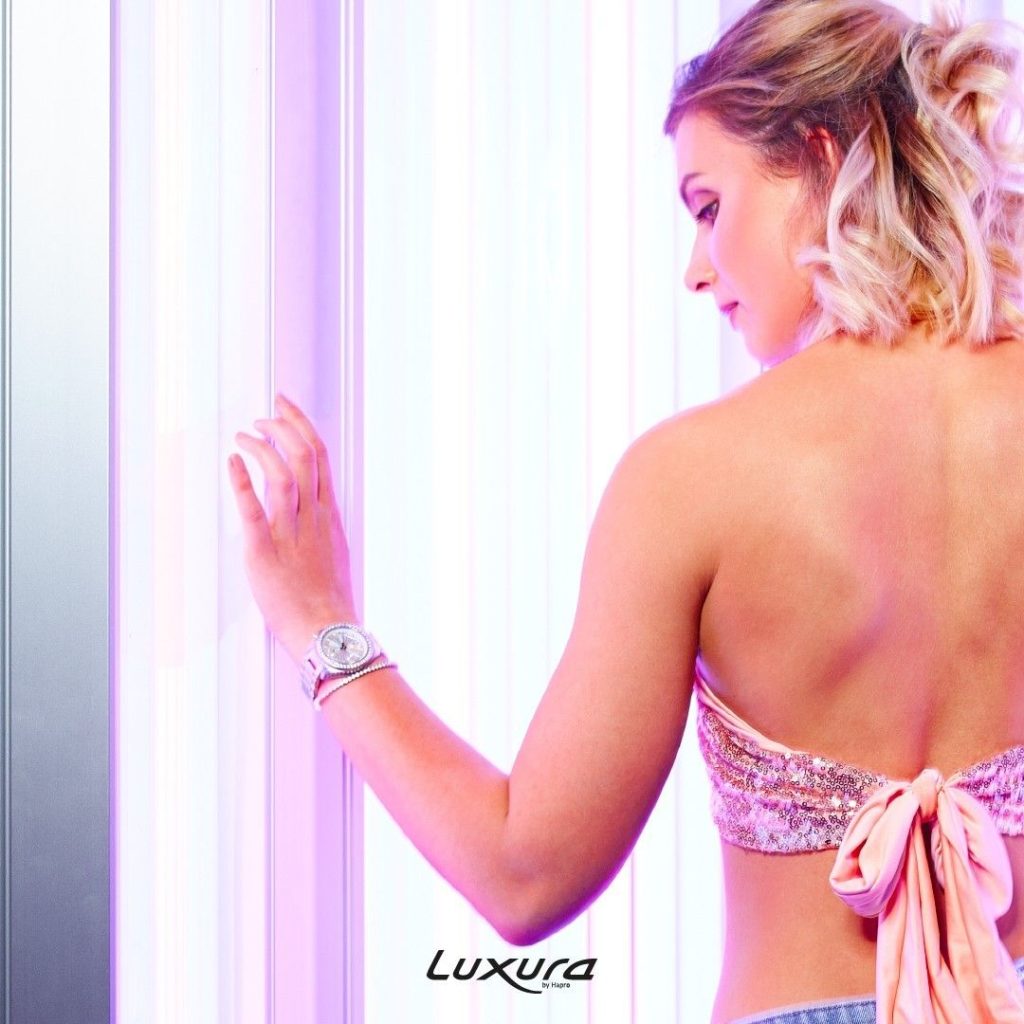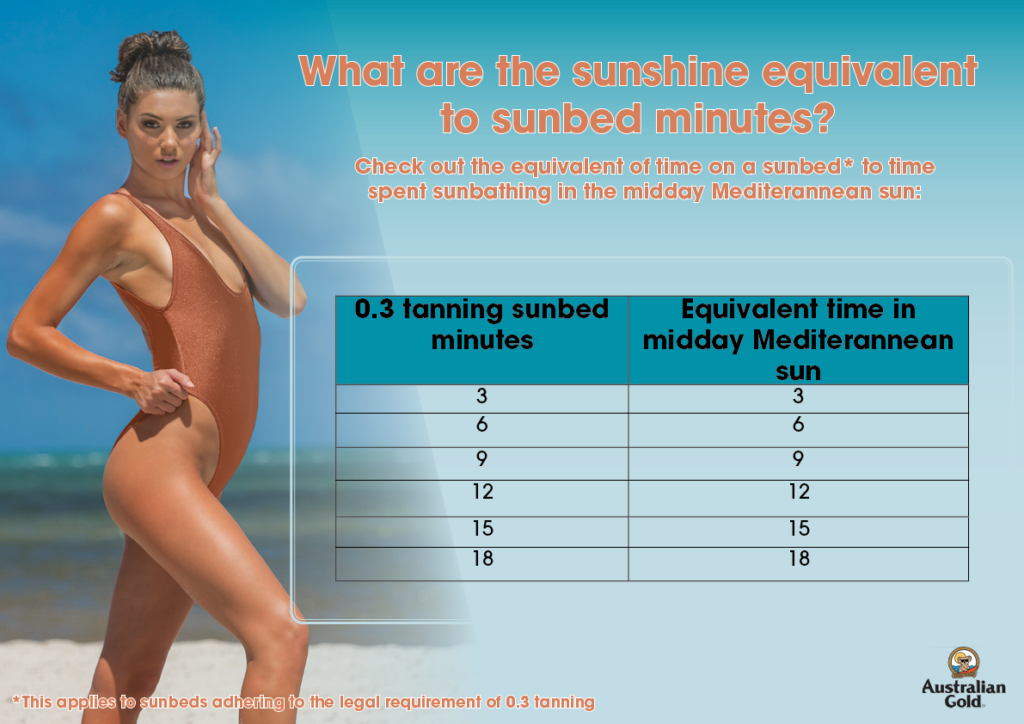No products in the basket.

We all know that vitamin D is essential for us to stay healthy, both mentally and physically. However throughout the winter months, keeping our levels up can be a bit of a challenge. The NHS tells us that we can only create vitamin D from direct sunlight between early April and late September. This gives us a seven month gap where the sun isn’t strong enough to provide us with the UV exposure that can produce vitamin D.
Vitamin D deficiency is more likely during winter due to the lack of sunlight, however this deficiency has also become more and more common year-round thanks to office jobs and people spending more time indoors. Lacking in The Sunshine Vitamin can lead to multiple health issues such as a loss of bone density, a weaker immune system, and an increase in mental health issues such as depression and Seasonal Affective Disorder. In the elderly, this deficiency can also result in diseases such as osteoporosis, whereas children can suffer from rickets.
“Studies have shown links between low levels of vitamin D and higher rates of numerous diseases since the body relies on sufficient sunlight for its primary systems to operate efficiently. Vitamin D is essential for optimal cardiovascular, immune, respiratory, and skeletal system function. […]
Research is ongoing, but studies have indicated that sunlight may provide a significant protective effect for osteoporosis, cardiovascular disease, breathing problems, inflammation, and diabetes. Having higher than average vitamin D levels may even lower your risk of getting COVID-19.”
This demonstrates the necessity to ensure that vitamin D levels remain at a high level year-round. However, how do we do this?

There are few foods which naturally contain vitamin D, such as egg yolks, fatty fish and mushrooms. What’s more, you can also get vitamin D through fortified foods such as dairy and soy products.
Vitamin D is present in most multivitamins. If someone is considered to be deficient in vitamin D, supplements are the main source of treatment.
Nonetheless research has shown that food and supplements are not the most effective form of absorbing vitamin D. The NHS explains that it is difficult to get enough vitamin D from food alone. However Claire Sissons tells us that having too much [vitamin D] in the body is usually caused by taking supplements. Where lacking in this vitamin can be harmful, so can having too much. This can raise the levels of calcium in the blood and affect your heart negatively. This demonstrates how diet and supplements are not the most effective way of getting The Sunshine Vitamin.
Indeed the most effective way of absorbing vitamin D is through UV exposure. It is impossible to have too high an intake of UV-created vitamin D.
In the summer, absorbing enough of this vitamin simple. Simply spending a few minutes outside without SPF every afternoon can keep levels high, leading to better moods, stronger bones and an improved general wellbeing. However through autumn and winter, trying to sunbathe in the UK won’t achieve the same effect. Although UVA remains the same intensity year round, UVB in winter is significantly weaker.

Although tanning lamps are artificial, the UV radiation emitted isn’t. It replicates the sun’s rays as you would outside during the summer. Thanks to the 0.3 British Standard and EU regulation, sunbed lamps can only be as strong as the midday Mediterranean sun. Therefore spending a few minutes on a sunbed is just as powerful as going outside for the same period of time without SPF during our summer. The UV exposure from sunbeds is controlled, minimising the risk of skin damage.
Although sunbeds deliver a limited % of UVB, lessening its ability to product vitamin D, it should be noted that it can still deliver high levels of UVA. What’s more, a study looking at mental health and wellbeing in relation to UV exposure noted that “UVA-exposed volunteers were more balanced, less nervous, […] and more satisfied with their own appearance after three weekly sessions [of UV exposure]”. This reinforces UV’s aid in lifting spirits.
This is due to the fact that UVA also helps to trigger increased serotonin production, demonstrating the value of increasing UV exposure during the colder months. Therefore using a sunbed once or twice a week for a few minutes could help maintain not only a year long healthy glow, but also boost spirits.
https://www.nhs.uk/live-well/healthy-body/how-to-get-vitamin-d-from-sunlight/
https://www.nhs.uk/conditions/vitamins-and-minerals/vitamin-d/
https://www.medicalnewstoday.com/articles/322205.php?sr
https://medlineplus.gov/vitaminddeficiency.html
https://www.verywellmind.com/the-mental-health-benefits-of-sunlight-5089214
https://www.australiangold.co.uk
https://www.sunbedassociation.org.uk/Vitamin_D/Vitamin_D_Facts.aspx
© Cyrano Ltd | Terms and Conditions apply | Privacy Policy | Website by Stark Projects